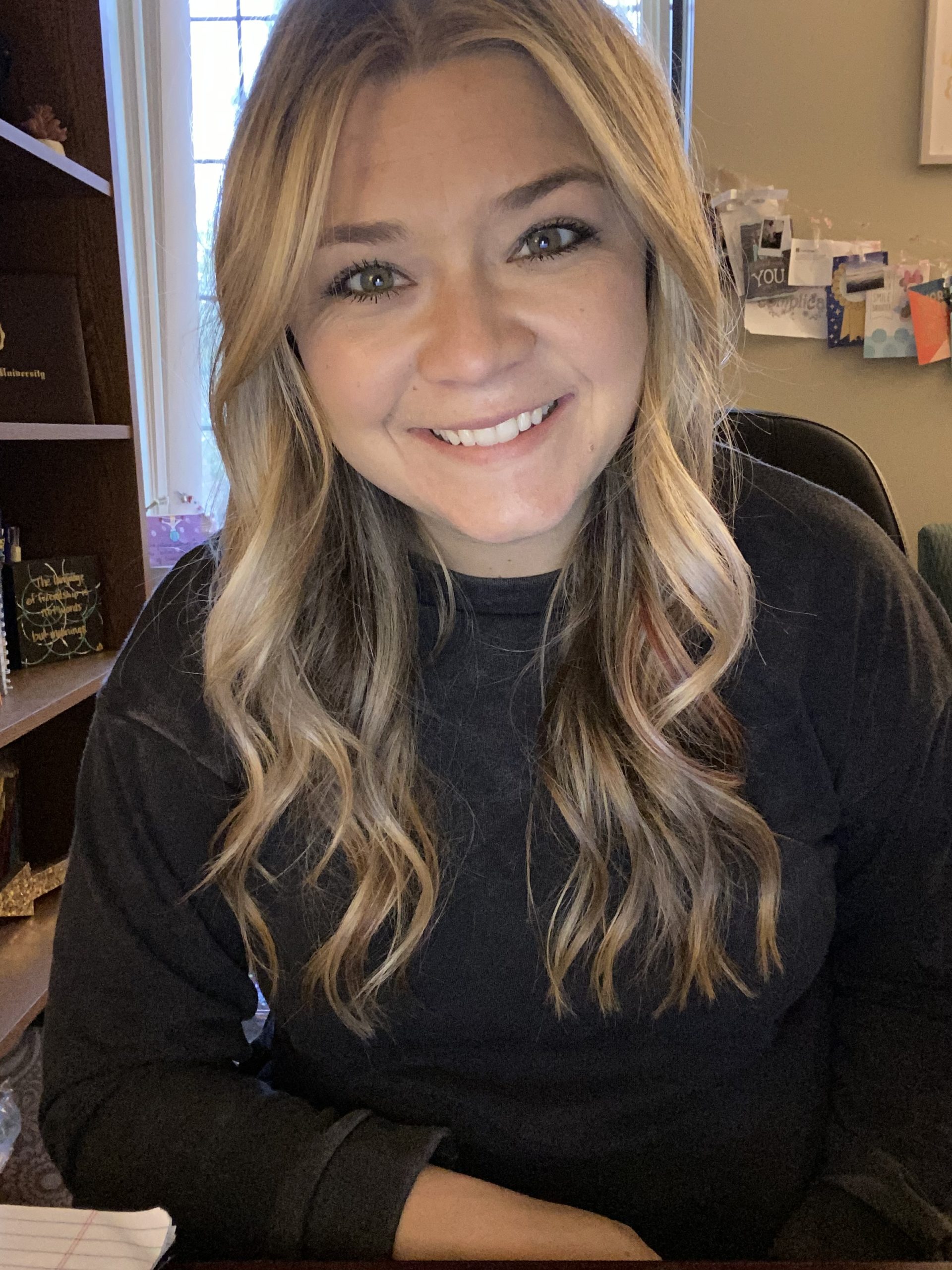Co-occurring Disorders and Evidence Based Treatment
Speaker(s):
Presentation:
The great majority of clients with substance use disorders have a concurrent mental Illness. In this skill building presentation you will learn 10 evidence based approaches to co-occurring disorders recovery, including: integrated co-occurring disorders treatment, feedback informed treatment, motivational interviewing, the use of motivational incentives; 12 step facilitation; medication assisted treatment; supportive employment; supportive housing and intensive family case management. Emphasis will also be placed upon the person centered recovery movement, how to build recovery capital; trauma informed care and the use of peers to help support recovery.
Objectives:
- Define 10 Evidence Based Approaches to Co-occurring Disorders Treatment.
- Discuss the Person Centered Recovery Movement.
- Identify how peers can help support recovery.
Slides and Handouts:



